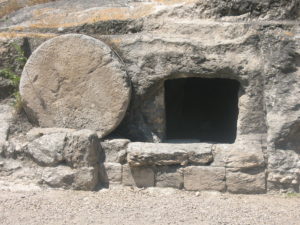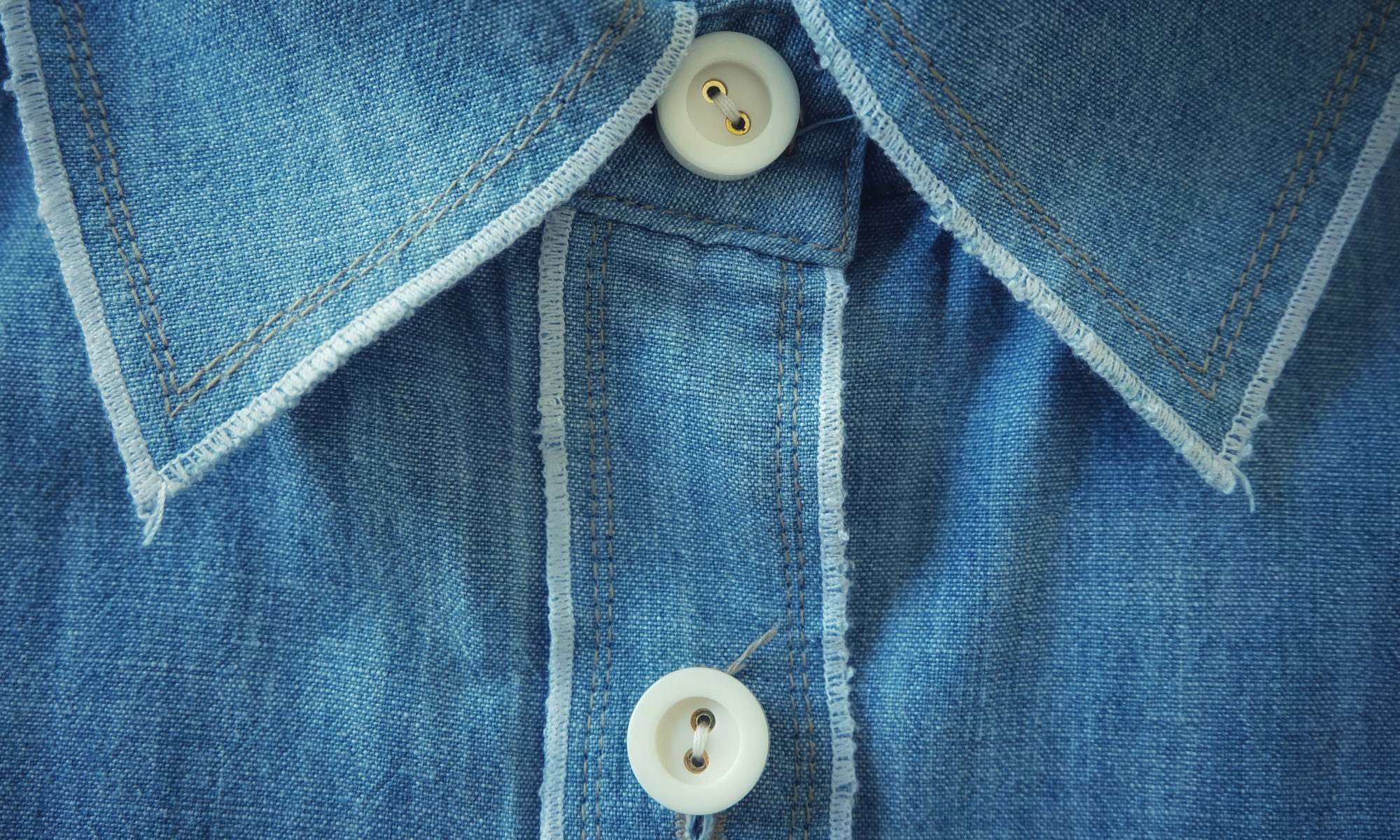After my Dad died in 2015, I became the administrator of my parents’ estate. Estate is a rather grandiose term for what they had, which was primarily a house and a small amount in a mutual fund. Mom passed away in 2011 and it was now time to liquidate their few assets and sell my childhood home.
Dad did a lot after Mom died to get his finances in order. When any of my siblings would call or come home (they all live out of state), he would ask if there was something they had their heart on. He wanted to be the one to make decisions so I wouldn’t be caught in the middle later. Overall and compared to other friends or family, the liquidation process went smoothly.
When people ask me what Dad did that made everything so easy for me. I told them the practical side – he consolidated assets and accounts, he made decisions about what to keep, toss or donate after Mom died, he had me and my brother on all accounts so we could easily access them after he passed away, and most importantly, he spoke to each of my siblings telling them if they didn’t want it, I was being given instructions to sell it, donate it or trash it. Not only did Dad tell me what to sell, he told me how. He said to have an auction and told me to ask my uncle for a reference. That was Dad. He thought through the details, possibilities and alternatives.
About Dad and Mom
My Dad grew up on a farm, served in the Air Force for four years and came back to Minnesota to get married. He worked in a factory for 30+ years before “retiring” and becoming a school bus driver until his early seventies.
Dad was also a handy guy. He not only taught me how to use a hammer and nails, but showed me how to use power tools and make small home repairs. He enjoyed woodworking creating benches, chairs, cabinets, wishing wells, and so much more. Dad always had a project going. Whether it was something he would sell to friends like bird houses or something for around the house like Adirondack chairs or a spice cabinet, Dad was always creating.
Mom was the daughter of a blacksmith. She had an associate degree in accounting and worked part-time as an office manager for a small printing company when I was growing up. She took a full-time position in retail after I started kindergarten. Although Mom used to sew many of our clothes, I think in her heart, she really liked working outside the home. She worked in the catalog department for a major department store and then moved into shipping and receiving for 25+ years before “retiring” and then working at the same school bus company as Dad where she served as an aide for bus drivers. She was never an aide on a bus Dad drove. “That is too much togetherness,” she once said.
My parents were high school sweethearts from a small school in southern Minnesota. Their graduating class was around 50 people. Neither of my parents had fancy degrees or titles or offices with doors in large corporate towers or any of the other things commonly associated with success. Yet, when I reflect back I can easily see the beautiful and simple way in which my parents shaped their lives.
They were quick to help others and serve in the community where they lived for 50+ years. They raised four children on “blue collar” salaries, and all of us have managed to come out fairly well-adjusted adults (not without our own battle scars of course). Three went to college and have bachelor’s and master’s degrees. One followed in Dad’s footsteps and served in the US Air Force. All of us serve in our communities, continuing that legacy from our parents.
I am the youngest of the four. There are five years between my next siblings and me. By the time I was thirteen, it was just Dad, Mom and me. In many ways I felt like an only child. There were people who actually thought Dad and Mom had only one child since I was the only one who remained living in our home state.
I was Daddy’s little girl through and through. I remember going to his workshop and talking to him for what seemed like hours after dinner and before bed. I confided in him my school dilemmas and boy troubles. He showed me his latest project and sometimes let me help. More often, he would just listen while I rambled. It was Dad who took me to my first movie in the theater, brought me in to get my ears pierced and showed me how to drive a manual transmission. I liked being in the yard helping Dad weed our garden or pick up sticks before he mowed the lawn. Time with my Dad was precious then and right up until he passed away.
My Dad and Mom lived their life as an example to me, the values they instilled and how it all plays out for me today. They didn’t read or follow the advice of any authorities on parenting. They just took the small town values of a farmer’s son and a blacksmith’s daughter to how they raised us, raised me.
Our story is far from perfect. There were deeply difficult times and several amazing memories. All the good, bad, ugly and beautiful one would expect from a family. Yet, through all of it there was practical advice, lessons learned, a commitment to serve and most of all a deep faith to ground us.
Although Dad always had some project he was doing, in the end, I think Dad intended his last project to be me.


